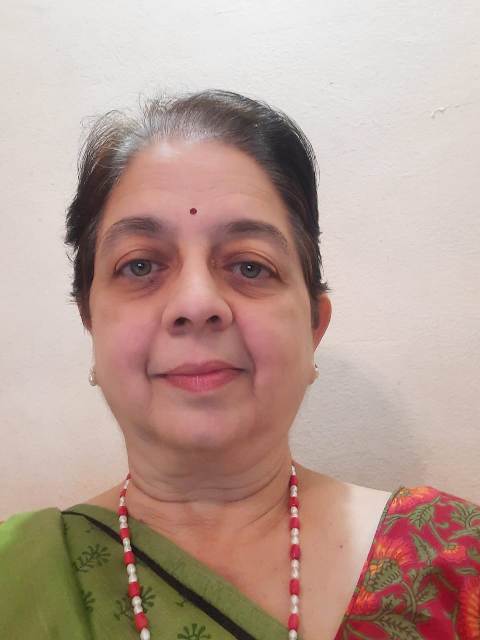
Dear Students,
It gives me great
pleasure to welcome you all to the Shri Balmukund Lohia Centre of Sanskrit & Indological
Studies. The Sanskrit Department, the oldest in the Vidyapeeth has witnessed a steady
growth over the last fifty years firmly establishing itself as a matured institution.
This is the first department
of the Tilak Maharashtra Vidyapeeth. The Vidyapeeth started an independent Sanskrit
College named 'Shri Balmukund Sanskrit Mahavidyalaya' on 2nd December 1948. On 24th
April 1987 the Vidyapeeth got the status of "Deemed to be University" and there
was a structural change in the administrative and academic set up of the Vidyapeeth.
Degrees like Visharad and Parangat came to be considered as equivalent to the B.A.
and M.A. degrees respectively of the other statutory universities. Besides, Vidyapeeth
started Vidyavachaspati (Ph.D.) in Sanskrit and Indology which attract quite a number
of students.
The teachers, beside
their research and teaching, have always strived for making Sanskrit, Indology and
Japanese studies more accessible, attractive and useful to the students as well
as common people. The devotion to their subjects is such that they do not hold back
even on the pretext of weekly holidays i.e. Saturday and Sundays from teaching the
respective courses. Students enrolled for various courses, indeed present a unique
profile. They come from different walks of life, viz. housewives, doctors, engineers,
lawyers, professionals, retired people and so on. Since there is no age limit, people
who want to utilize their leisure for personal growth and find a unique opportunity
to do so. They are usually found to be eager to learn more of the ancient literature,
language, philosophy and ancient Indian culture. The ambience in the department
is build to make the students feel at home. The syllabi of various courses were
revised with a view to give emphasis on ancient Indian culture, philosophy and language.
Methods and techniques
that are used in the department for imparting knowledge present unique profile.
Competitions, co-curricular activities are conducted. Seminars, workshops and special
lectures are organized, which get overwhelming response. Moreover, frequent use
of various visual aids and practical field training during the educational tours
help the students to reinforce classrooms learning. Similarly, special guidance
workshops for external students are also organized which are greatly appreciated
by the students. On behalf of all the teaching and non-teaching staff I welcome
you all and wish you to get success in all educational activities.
Dr. Manjusha Gokhale
Dean and HoD
S. B. L. Centre of Sanskrit and Indological Studies
Board of Arts and Fine Arts